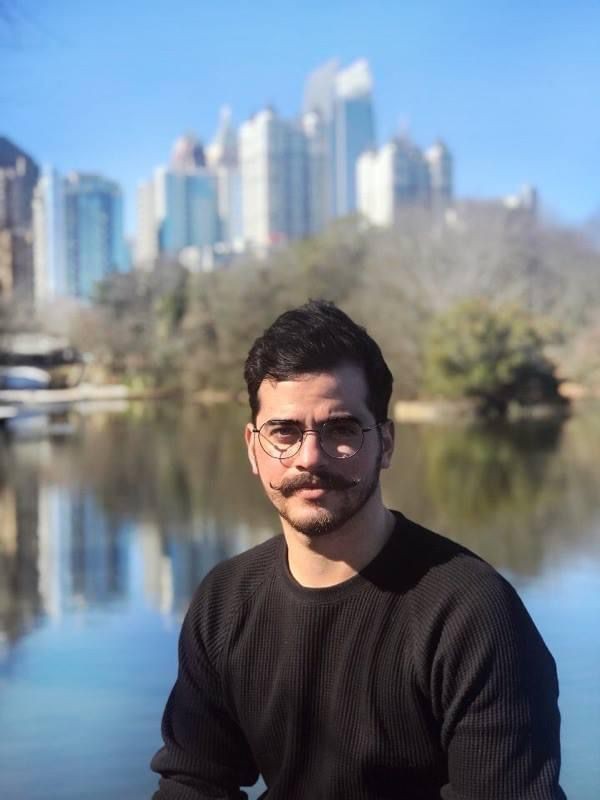Rio Center Stories: Meet Matheus Marlisson, Graduate Fellow in Global Thought Leadership
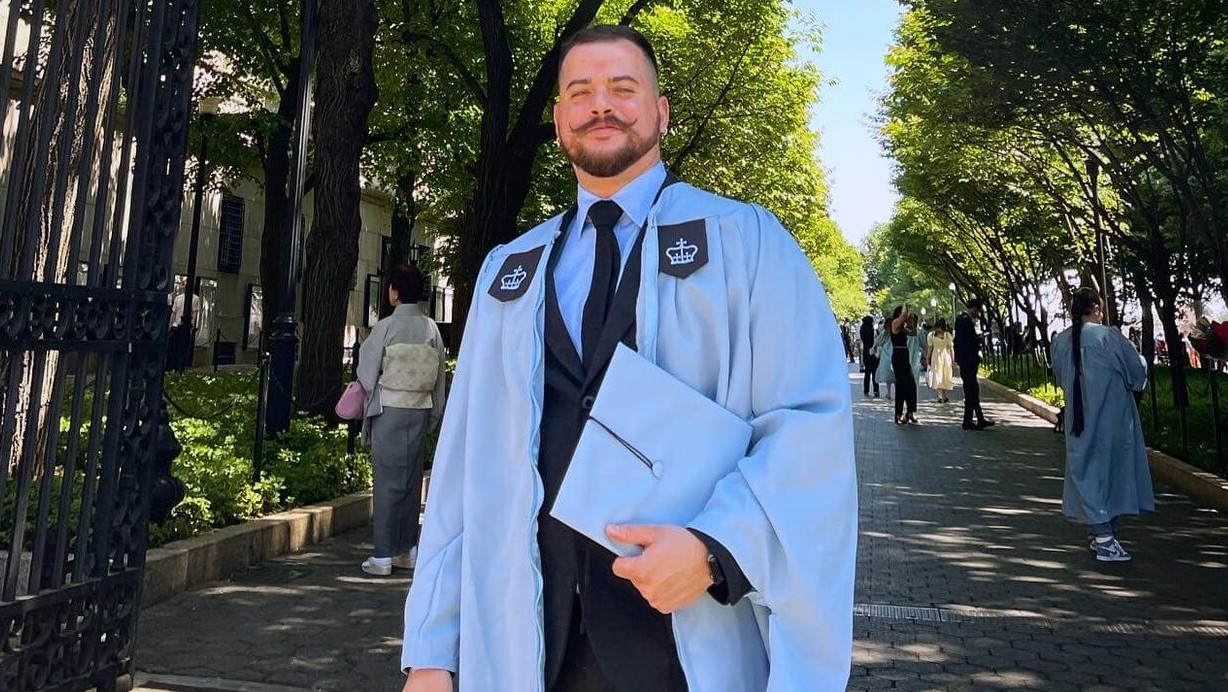
In the heart of New York City, where United Nations conferences converge with influential global leaders and multinational corporations, resides Matheus Marlisson, a talented 28-year-old Brazilian internationalist, political scientist, and development scholar, who has proved to be a reason for pride and excellence to his country and beyond.
Recently, he received his master's degree in Global Thought from the renowned Graduate School of Arts and Sciences at Columbia University, one of the world's most esteemed educational institutions. The Committee on Global Thought, from where Matheus received his degree and served as a Fellow in Global Thought Leadership helping to create its pilot course in the same subject, explores globalization from an innovative, interdisciplinary perspective, and aims to rethink how the world will confront the challenges stemming from globalization.
His research explores globalization's impact on Rio's urban development and global city aspirations, with a focus on favelas. He argues that despite facing inequality, violence, and sustainability issues, these communities foster cultural, social, environmental, and racial justice movements that are linked with progressive global changes, contributing to the city's potential as the city of the future. Matheus also holds bachelor's degrees in political science and international studies from Centre College, another prestigious liberal arts institution, where he was awarded the distinguished Lincoln Scholarship—a full-ride-plus scholarship designed for exceptionally accomplished global youth leaders.
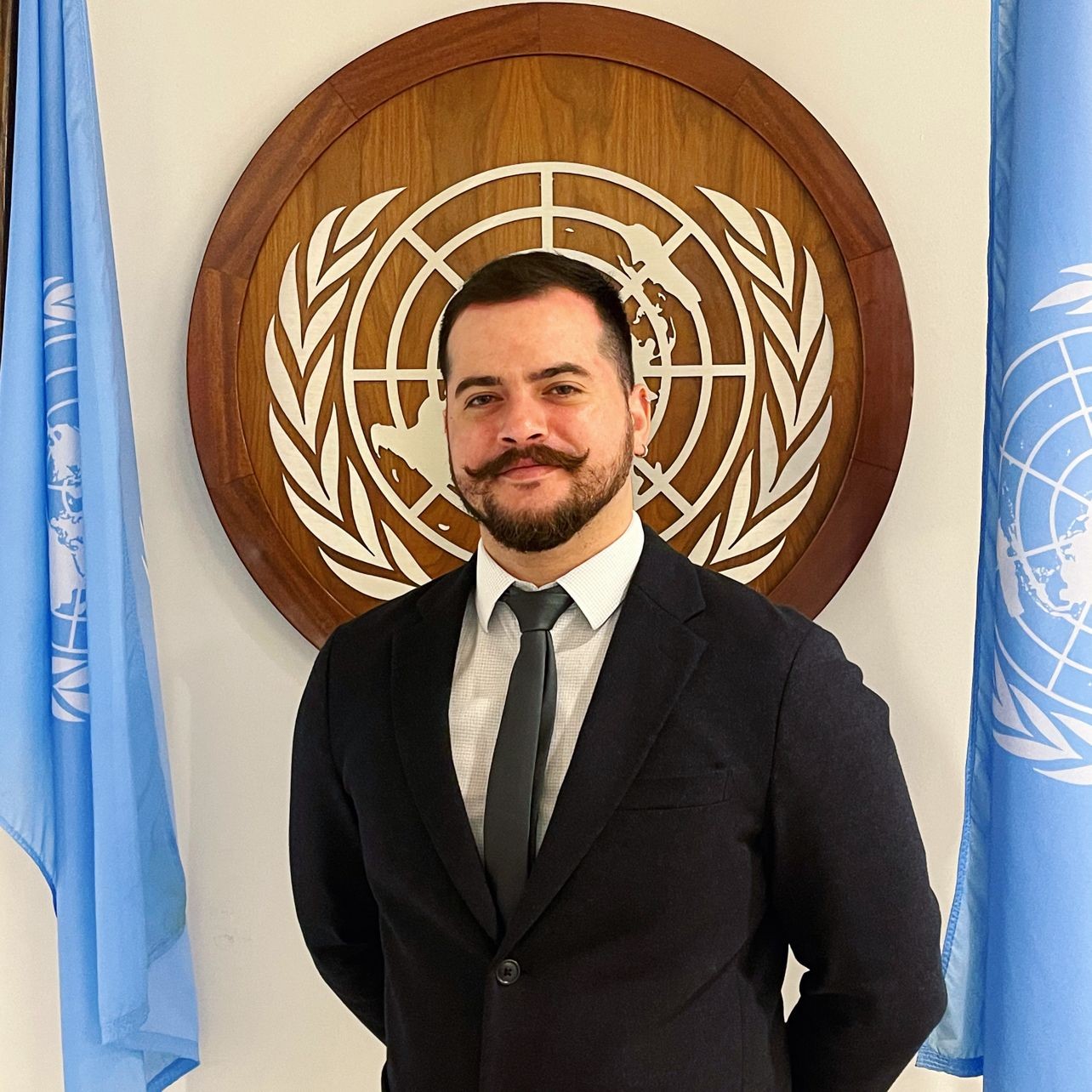
Matheus has amassed experience through numerous social and economic development projects worldwide, having resided in four countries and worked as a consultant for governments and international institutions striving to improve the world. Since the onset of the pandemic, he has been actively involved in business development projects, for example, working for an organization partnering with the United States Agency for International Development (USAID) and the United Nations and holding positions as an executive in a Texas-based technology company and as a Senior Associate in a multinational financial firm headquartered in New York City. Upon receiving a scholarship from Columbia, Matheus decided that it was time to go back to school and work on something that has always been at the center of his heart: public policy and global development.
However, his remarkable journey began in a place that seemed worlds apart from his present reality. Raised by semi-literate grandparents in Nova Friburgo, a mountainous region of Rio de Janeiro, Matheus tragically lost his father to drug addiction when he was only one year old. At the tender age of eight, he witnessed a triple homicide, an experience that propelled him to dedicate himself to his studies and engage in social projects aimed at combating violence and empowering young individuals to surpass their own expectations.
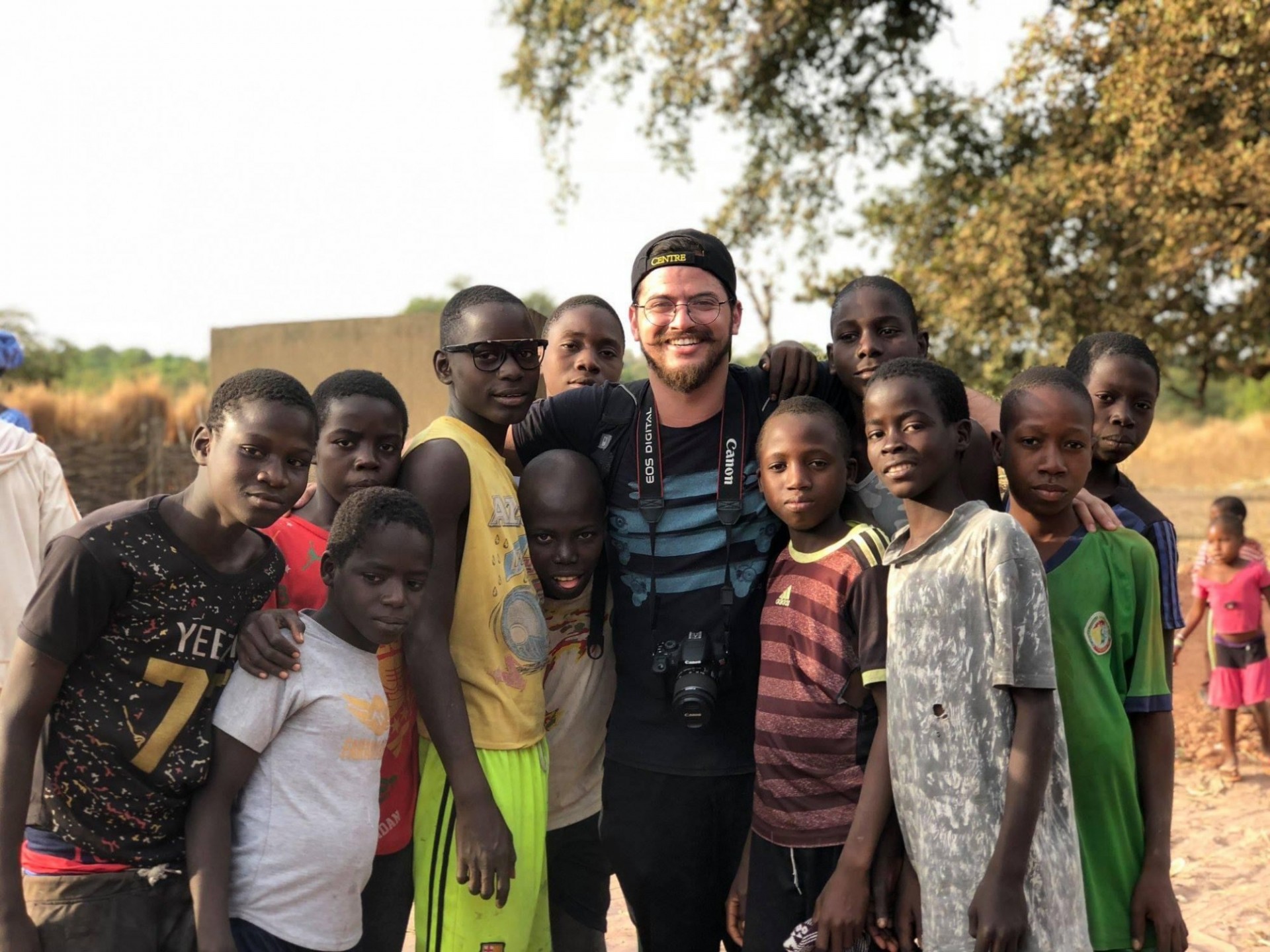
Even in the absence of financial resources, Matheus independently taught himself English while supporting his studies through jobs such as carpet washing, distributing advertising pamphlets, and selling clothes in a local store. He quickly excelled in academic competitions and resolved that his future lay in the field of international relations, a seemingly unattainable dream for a young man grappling with poverty and adversity in a favela.
At the age of fifteen, during the devastating 2011 rains in Nova Friburgo, Matheus played an instrumental role in developing a project alongside other young volunteers and community leaders. In partnership with international organizations, municipal authorities, and neighborhood associations, they implemented programs aimed at preventing natural disasters, ultimately impacting and saving the lives of hundreds of individuals residing in at-risk communities.
In 2013, Matheus was selected as the Brazilian Youth Ambassador by the U.S. Department of State and the U.S. Embassy in Brazil, acknowledging his outstanding achievements and contributions within the state of Rio de Janeiro and his home country as a whole.
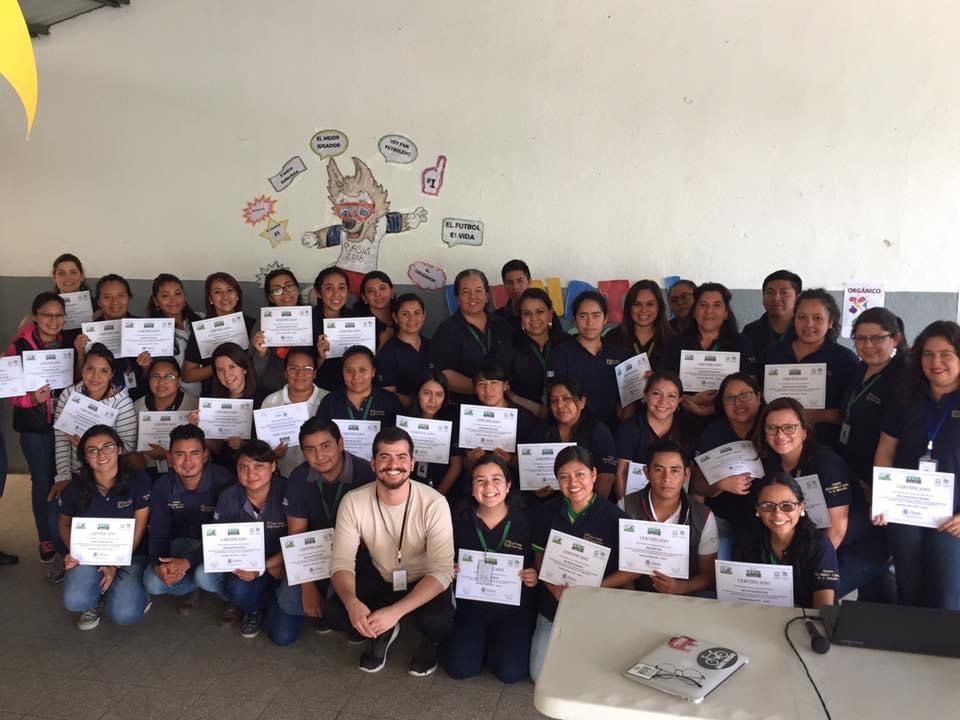
Over the following years, Matheus received acceptance letters from seventeen universities in Brazil, the United States, the United Kingdom, and New Zealand, though without financial assistance. Undeterred, he embarked on a journey that took him to London, where he volunteered as a youth and community leader in a faith-based institution. After a year, he returned to Brazil and established a consultancy specializing in the global sustainable market. Following a year and a half, he secured a full-ride scholarship at Centre College in Kentucky, prompting his move to the United States, where he honed his expertise in international relations. Through the Lincoln Scholars Program, Matheus had the opportunity to travel to over ten countries, working in places like Guatemala, Senegal, and the United Kingdom, and conducting research on gender inequality, education, international development, and climate change. Ever a proud Brazilian, he consistently bridged his experiences with his engagements back home, mentoring young people and delivering speeches at political institutions.
Diplomatically, Matheus asserts, "The world's hunger is not merely for a meal on the table; it yearns for social justice, democratic reform, the preservation of nature, and, as Darcy Ribeiro eloquently put it, the refusal to surrender. My own outrage is exemplified through my journey of making education a catalyst for change. However, education alone is insufficient. It is imperative to act in places where our capabilities genuinely impact people's lives, and that is through a global united effort."
As a student in Global Thought, Matheus affirmed that part of his time at Columbia was “investigating on how, in order to tackle 21st century challenges–such as pandemics, climate change, territorial conflicts, financial instability, disruptive technologies, and government distrust–we need to reimagine our current approaches toward multilateral/international cooperation” and that he wants to work more on this endeavor in his future career.
